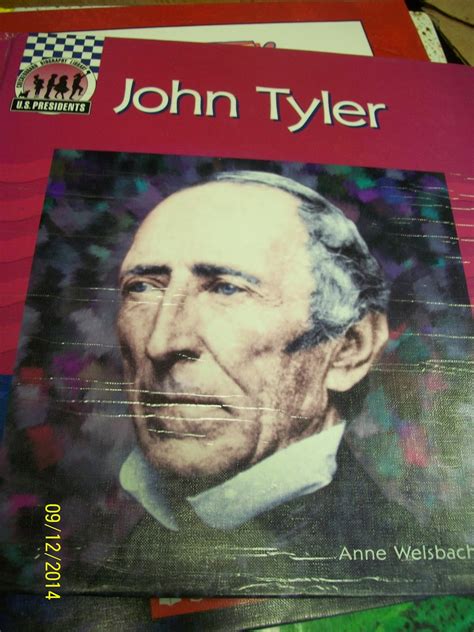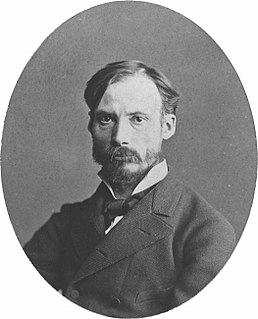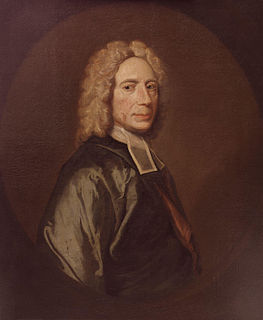A Quote by Thomas Carlyle
This we take it is the grand characteristic of our age. By our skill in Mechanism, it has come to pass, that in the management ofexternal things we excel all other ages; while in whatever respects the pure moral nature, in true dignity of soul and character, we are perhaps inferior to most civilised ages.
Related Quotes
We are heirs of the ages because throughout the ages mankind has devised and fashioned new things, and step by step added new conquests to our domain in that incessant contest with nature which means life. But we are decadent heirs if we cannot use the instruments that the ages have put into our hands. The acquisition of these, in the largest scope, is education.
We are completely unaware of our true nature because we identify ourselves with our body, our emotions and our thoughts, thus losing sight of our unchanging centre, which is pure consciousness. When we return to our true nature, our thoughts and perceptions no longer appear as modifications of a single substance, they come into being and subside like waves of the ocean.
What a person says and does in ordinary moments when when no one is looking reveals more about true character than grand actions taken while in the spotlight. Our true character is revealed by normal, consistent, everyday attitudes and behavior, not by self-conscious words or deeds or rare acts of moral courage.
From a very early age, perhaps the age of five or six, I knew that when I grew up I should be a writer. Between the ages of about seventeen and twenty-four I tried to abandon this idea, but I did so with the consciousness that I was outraging my true nature and that sooner or later I should have to settle down and write books.
The experience of the ages that are past, the hopes of the ages that are yet to come, unite their voices in an appeal to us;– they implore us to think more of the character of our people than of its numbers; to look upon our vast natural resources, not as tempters to ostentation and pride, but as means to be converted by the refining alchemy of education into mental and spiritual treasures; ...and thus give to the world the example of a nation whose wisdom increases with its prosperity, and whose virtues are equal to its power.
The time will come when diligent research over periods will bring to light things which now lie hidden...Many discoveries are reserved for ages still to come, when memories of us will have been effaced. Our universe is a sorry little affair unless it has something for every age to investigate. nature does not reveal her mysteries once and for all.
We are the heirs of the ages; but the estate is entailed, as large estates frequently are, so that while we inherit the earth, the great round world which is God's footstool, we have only the use of it while we live and must pass it on to those come after us. We hold the property in trust and have no right to injure it or to lessen its value. To do so is dishonest, stealing from our heirs their inheritance.








































